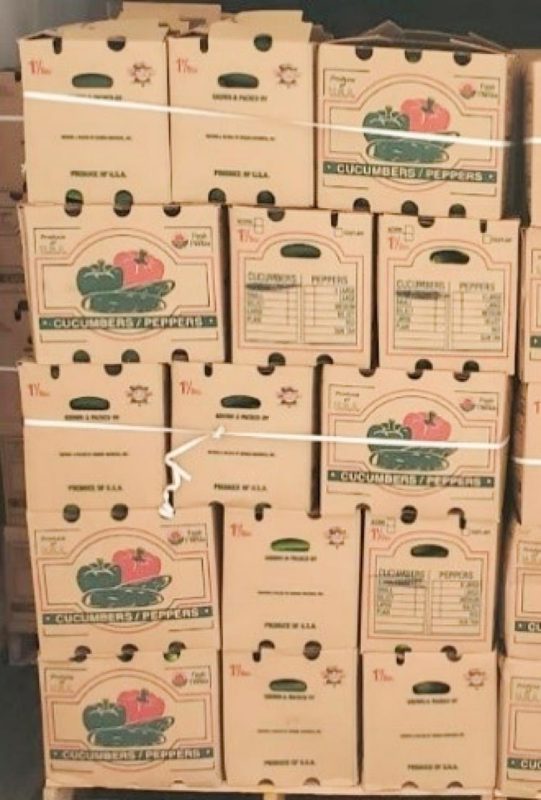The recent recall of cucumbers shipped to 14 states due to salmonella concerns has once again brought to light the importance of food safety and quality control measures in the agricultural industry. Salmonella, a type of bacteria that can cause foodborne illness in humans, is a serious threat to public health and can lead to severe symptoms such as diarrhea, fever, and abdominal cramps.
The recall was initiated after routine testing by the US Food and Drug Administration (FDA) detected the presence of salmonella in cucumbers sourced from a specific farm. The affected cucumbers were distributed to various retailers in 14 states across the country, prompting an immediate recall to prevent further spread of the bacteria and protect consumers from potential harm.
Food recalls are not uncommon in the agricultural industry, as food safety incidents can occur at any stage of the production and distribution process. From contamination at the farm level to improper handling and storage practices during transportation, there are various factors that can contribute to the presence of harmful bacteria in food products.
In response to the recall, the FDA has advised consumers who may have purchased the affected cucumbers to discard them immediately or return them to the place of purchase for a full refund. Additionally, retailers and food service establishments have been urged to remove the recalled cucumbers from their shelves and ensure that consumers are made aware of the potential health risks associated with consumption.
This incident underscores the importance of robust food safety protocols and quality control measures throughout the supply chain. Farmers, distributors, and retailers must all play a role in ensuring that the food products they handle are safe for consumption and free from harmful contaminants.
To prevent future outbreaks of foodborne illness, it is essential for all stakeholders in the agricultural industry to prioritize food safety and implement stringent quality control standards. Regular testing, proper sanitation practices, and effective traceability systems are key components of a comprehensive food safety program that can help mitigate the risks of contamination and protect public health.
As consumers, we also have a responsibility to stay informed about food recalls and take appropriate precautions to safeguard our health and well-being. By staying vigilant and following recommended guidelines from regulatory authorities, we can minimize the potential impact of foodborne illnesses and ensure that the food we consume is safe and wholesome.
